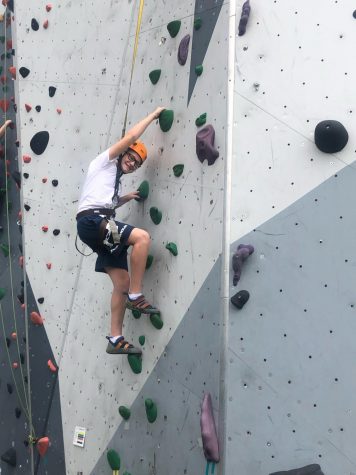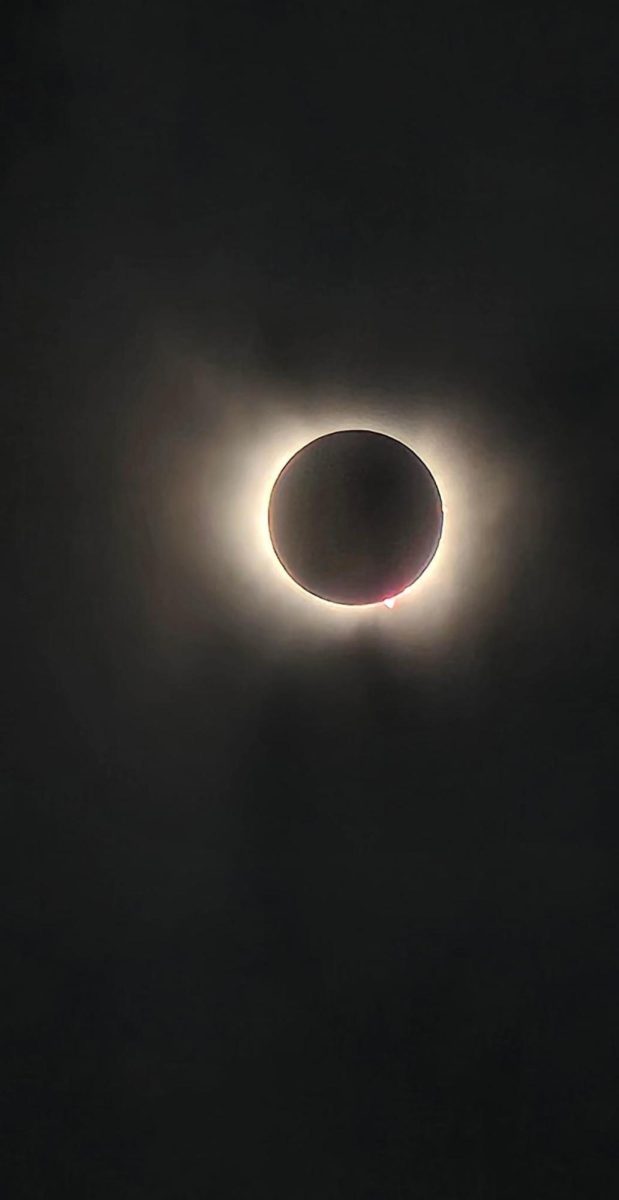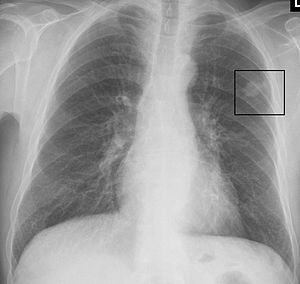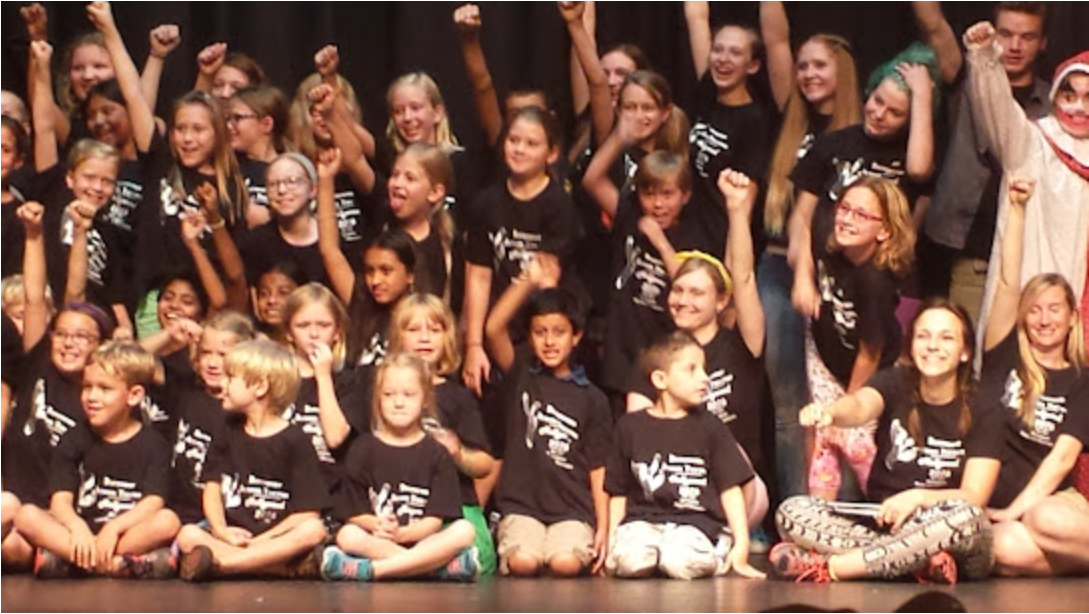Ample forms of media have successfully encapsulated the quintessential experience of middle school in all of its awkward and cringe-worthy glory. People have found solace in representations such as Bo Burnham’s 2018 film “Eighth Grade” as humans are comforted by shared experiences – however embarrassing they may be.
At ages 12, 13 and 14, middle schoolers are notorious for being at peak immaturity, but when does immaturity become ignorance? When does something many write off as youthful complacency begin contributing to a culture in which ignorance and discriminatory behavior are the default?
Because it starts somewhere.
Racial consciousness – and therefore biases – are formed at a young age. USC’s Rossier School of Education reported, “The famed ‘doll test’ of the 1940s asked children 3 to 7 years old to assign traits to white and black dolls. The results found most children preferred the white doll and labeled it positively, while the black doll was assigned negative words. In 2010, a revamp of the study had a similar conclusion. White children were overwhelmingly biased toward whiteness, and black children showed a slight bias toward whiteness, too.”
The report questioned, “Why do children start assigning positive and negative attributes to skin? When do differences become biases?”
Perhaps it begins in those doomed transitional years. Perhaps it begins in our own junior high.
Fresh in her memory is freshman Lizzie Harrison’s junior high experience. Long conscious of her identity as a young Black woman, Harrison prepared herself for race-based discrimination from a young age – as early as elementary school, she recalled.
“But as I started 7th grade…the racism started to get worse,” she explained.
Harrison articulated the stunning frequency of racist slurs and ignorant questions. “You would hear comments like, ‘Are you related to Rosa parks?’ or you would be just walking in the hallways and then someone would just say the n-word,” she said. “Some of the comments would be said in private or over text, but the n-word was said a lot in front of the staff, and you would think they would do something, but a lot of the staff there at the junior high would look over it.”
She continued, “Eighth grade year was a very confusing year for me because I felt like the people I know would say the n-word or say racist comments, and then when you would tell them to stop, they wouldn’t because they knew that they wouldn’t get in trouble.”
Harrison explained that in addition to racism towards Black people, she believes racism against people belonging to the Asian Americans and Pacific Islanders (AAPI) community seemed to increase post-quarantine.
She reflected, “I just thought about if something was done when we were younger when it came to racism, it could have prevented a lot of racist comments that have been said or just people being racist in general.”
When a negative act is committed and no consequence follows, a dangerous culture is created – one that results in confusion and disillusionment for minority students.
So what is the PVJH administration doing to address these issues? What kind of precedent is being set by figures of authority?
PVJH Principal Mike Peakin shed some light on the role of administration in student disciplinary issues, specifically when it comes to discriminatory and other exclusionary acts. Peakin explained that he works with the school resource officer and the junior high’s two deans of students to address such issues appropriately.
“I think [racism is] always a problem. Any time it’s prevalent or any time it exists, it’s a problem,” he said.
Peakin explained that in comparison to years past, he has seen an influx in antisemitism among students this school year. He outlined administration’s efforts to disband this culture of discrimination that so many students have been affected by. “Over the last couple years, we’ve really done a big push of ‘I am a Spartan,’ and what does it mean to be a Spartan and have different characteristics: I’m empathetic, I’m kind, I’m a team player, I’m a problem solver,” he said. “So it combines the academic skills and those real social, life skills that we want kids to be able to demonstrate.”
However, Peakin also highlighted areas of growth for junior high leadership when it comes to dealing with discriminatory acts. “I really try to look at those opportunities as learning experiences for students as to here’s what happened, here’s why it is wrong, here’s what would happen if this were to continue, here’s why this word or gesture or action was offensive, to kind of educate, and most students know what they’re doing and why they’re doing it,” he said.
While Peakin believes students typically understand the language they are using and the power it holds, he uses the times students genuinely do not know the connotations behind their words as small teachable moments. “Some honestly don’t know, and they don’t know the context, or they don’t know the history or the negative aspects of whatever action or word, so using those opportunities to educate kids and sometimes parents becomes important.”
But with a staff that lacks diversity, who is qualified to take charge and educate? Peakin acknowledged this limitation. “When it comes to teaching diversity and equity, as a white male, who am I and what are my qualifications to go and teach people about diversity? So those are things that I feel we, not only within our school at Pleasant Valley, but also our community, can continue to grow and get better at and understand what are our implicit biases and what biases do we have.” he said.
Peakin’s message makes it clear that ensuring all students feel as though they belong at PV is a top priority.
But it is critical that administration’s actions match their words.
Concerted efforts to condemn discrimination and uphold inclusion are imperative to shifting the culture of not just PVJH, but the Pleasant Valley community as a whole.
The reality is, as the aforementioned USC Rossier School of Education put it, “[i]gnoring these conversations of racism and bias won’t help young students, even for educators who worry about disrupting their curriculum. Their silence can be more destructive than anything else.”
The image of immaturity that pop culture has created for the middle school experience can no longer serve as justification for ignorance. There is never an inappropriate time or age to unpack one’s biases and learn about others’ experiences – and a junior high must facilitate such an environment in those formative years within its walls.



















Maya Maynard • Apr 28, 2022 at 3:26 pm
I really enjoyed this article Jayne. Racism at the Junior High is a really big issue and your article shed a lot of light on it.